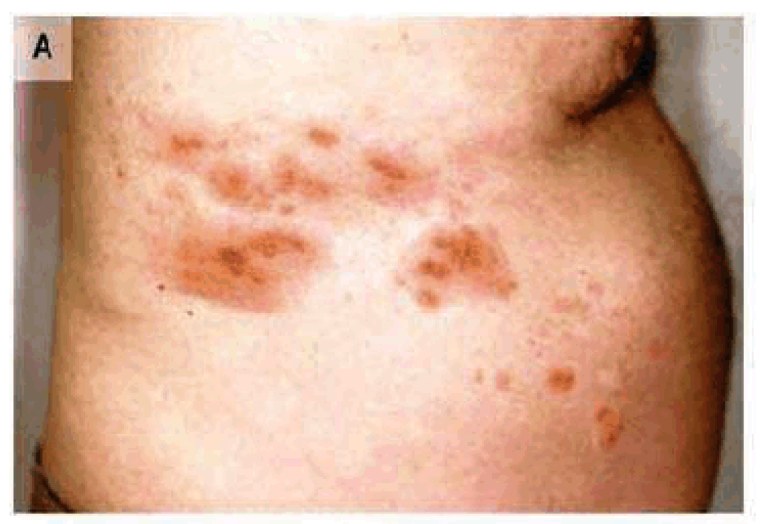A new vaccine to protect people against shingles seems to work better than the current vaccine, protecting more than 97 percent of people against the condition – even the very oldest.
The vaccine, made by GlaxoSmithKline, isn’t on the market yet. But if the trend holds up in more advanced trials, it would offer superior protection against shingles, a painful, blistering rash caused when the chickenpox virus reactivates.
The researchers at Glaxo didn’t test their new vaccine against the current vaccine, which is made by Merck and given as a single shot. Zostavax is made using a live but weakened chickenpox virus; the new vaccine, just called HZ/su for now, uses a piece of DNA from the virus and a compound called an adjuvant to boost the immune system.
The researchers tested it in more than 15,000 volunteers, giving half two shots of the vaccine and giving placebo to the other half. They counted cases of shingles over the next three years.
“A two-dose schedule of HZ/su reduced the risk of herpes zoster by 97.2 percent in adults aged 50 years and older compared to placebo," the team, lead by Glaxo’s Dr. Thomas Heineman, reported in the New England Journal of Medicine.
Zostavax is only about 70 percent effective and this efficacy drops to below 40 percent in people 70 and older.
“The age-independent efficacy of HZ/su is of clinical interest, since the incidence and severity of herpes zoster are higher among older adults. HZ/su may thus provide a benefit to the population with the greatest medical need,” the researchers wrote.
Shingles can be extremely painful and debilitating. The herpes zoster virus causes both shingles and chickenpox. Like most herpes viruses, once someone’s infected, the virus stays in the body forever. It tends to live along nerve cells and becomes active as people’s immune systems wane.
There’s a vaccine against chickenpox and it protects against shingles, also. But most adults have not received it. Shingles affects roughly 200,000 people between the ages of 50 and 59 in the U.S. each year.
The new shingles vaccine did cause side-effects, including muscle pain, fatigue and headache that 11 percent of patients said were severe.

